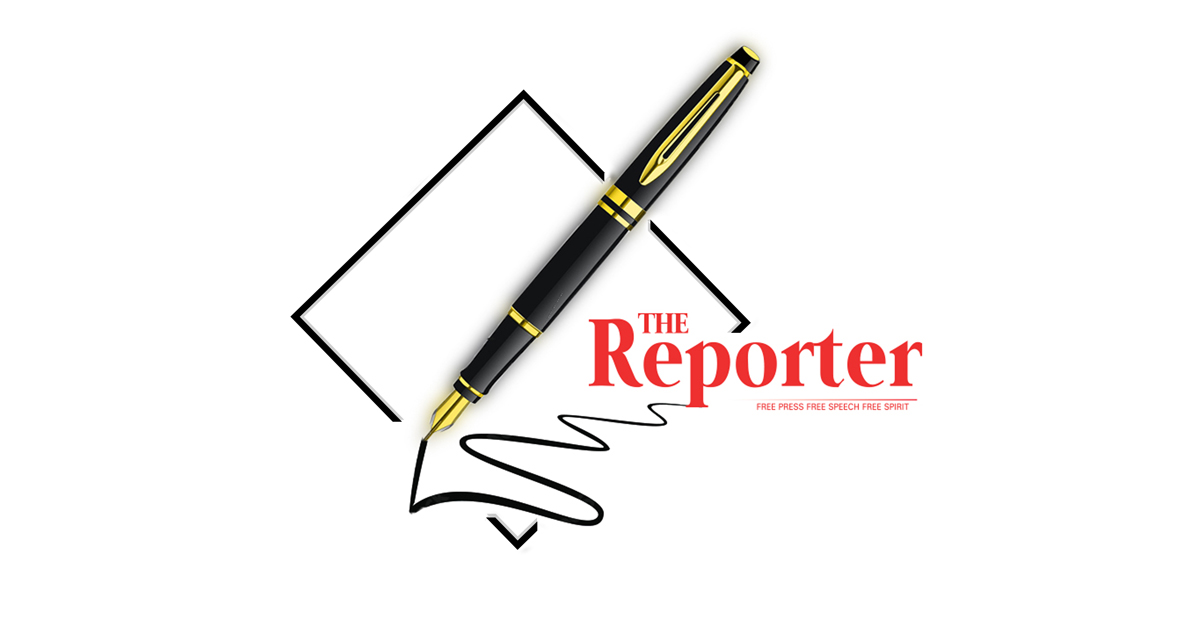Improving Literacy Through Local Language Integration in Nigeria
In a country as linguistically diverse as Nigeria, the journey toward literacy is far more complex than simply ensuring children are enrolled in school. With over 500 indigenous languages spoken across the country, Nigeria boasts one of the richest linguistic landscapes in Africa. However, this same diversity, often seen as a cultural asset, has long been sidelined in favour of a rigid, English-only education system. While English serves as Nigeria’s official language and a unifying medium of communication in government and higher education, it remains a second or even third language for a significant portion of the population, especially children growing up in rural and low-income communities.
According to UNESCO, about 31 percent of Nigerian adults are illiterate, and a large number of primary school pupils complete basic education without acquiring functional reading or writing skills. This persistent literacy gap cannot be fully understood without examining the language in which children are being taught. For many, the classroom becomes an alienating space where academic knowledge is delivered in a language they barely understand, creating an immediate disadvantage from the very beginning of their education journey.
This situation raises a critical question: is the insistence on English as the primary language of instruction inadvertently obstructing the path to literacy for millions of Nigerian children? Emerging evidence and localised experiments suggest that a major shift in how we approach language in education may hold the key to bridging the country’s longstanding literacy divide.
Despite the inclusion of mother tongue instruction in Nigeria’s National Policy on Education, which recommends the use of a child’s first language during the first three years of schooling, practical implementation has remained inconsistent and, in many cases, entirely absent. Urban schools continue to operate almost exclusively in English, while rural schools, even when staffed by teachers fluent in local dialects, often lack the materials, training, or institutional support to teach in those languages.
The consequences of this language gap are not hard to see. Pupils are expected to grasp mathematical concepts, learn to read, write and think critically in a language they have not yet mastered. This dual burden of language acquisition and academic learning often results in poor comprehension, reduced participation, and ultimately, disinterest in school. Over time, many children fall behind, repeat grades, or drop out entirely—adding to the already alarming out-of-school population in the country.
Contrary to fears that teaching in local languages could disadvantage learners, global research has consistently shown that early education in a child’s mother tongue improves not just literacy but overall academic performance. The psychological comfort of learning in a familiar language boosts comprehension and confidence. It allows children to participate more freely, ask questions without hesitation, and connect new knowledge to their lived experiences. In many cases, it also encourages greater parental involvement, particularly in rural areas where parents may not be literate in English but can actively support their children’s education when taught in a language they understand.
In countries such as Ethiopia, the Philippines, and India, models that begin education in the mother tongue and gradually transition to national or international languages have yielded promising results. Closer to home, some Nigerian states and education-focused NGOs have experimented with similar approaches. In Plateau State, for example, pupils were taught foundational literacy in indigenous languages such as Berom and Tarok, and early evaluations indicated improved comprehension and engagement.
The Early Grade Reading Assessment (EGRA) conducted in Nigerian languages like Hausa, Yoruba, and Igbo revealed that pupils who received instruction in their mother tongue showed stronger reading fluency and better retention than those taught solely in English. These findings align with recommendations from UNESCO, which advocates for mother-tongue instruction during early childhood and primary education as a core strategy for achieving universal literacy.
Nonetheless, the challenges of implementing a full-scale local language education policy in Nigeria are considerable. Standardising orthographies for the multitude of indigenous languages, producing quality teaching materials, and training teachers in both language pedagogy and curriculum delivery are major undertakings. Additionally, societal perceptions play a significant role. Many parents, especially in urban centres, equate fluency in English with intelligence and upward mobility. This belief system discourages local language use in education, even when evidence points to its long-term benefits.
To move forward, Nigeria must embrace a dual-language approach that values both the global utility of English and the foundational role of indigenous languages. Policymakers must invest in the production of learning materials in major local languages and ensure they are available across schools. Teacher training colleges need to integrate language instruction modules that prepare educators to teach in bilingual environments effectively. Moreover, public awareness campaigns are crucial to shift societal attitudes and assure parents that learning in a local language does not exclude children from future academic or professional success—in fact, it may very well be the foundation of it.
The role of community leaders, religious institutions, and the media cannot be overlooked in this transition. These stakeholders must work together to revive cultural pride in indigenous languages, making them symbols of empowerment rather than inferiority. When children see their language reflected positively in educational spaces, books, and public discourse, it reaffirms their identity and increases their engagement with learning.
Nigeria’s fight against illiteracy cannot succeed without acknowledging the central role of language in shaping how and whether children learn. The current approach, which often prioritises English proficiency over actual comprehension, must be re-evaluated. Integrating local languages more fully into the education system is not a sentimental return to tradition—it is a practical, evidence-based step toward inclusive, equitable learning.
In a multilingual society like Nigeria, true literacy cannot be achieved by speaking only one language, especially when that language remains foreign to so many at the start of their educational journey. By harnessing the power of indigenous languages in the classroom, Nigeria can make meaningful progress in breaking the cycle of illiteracy, empowering learners, and building a future where education is both accessible and truly understood by all.










